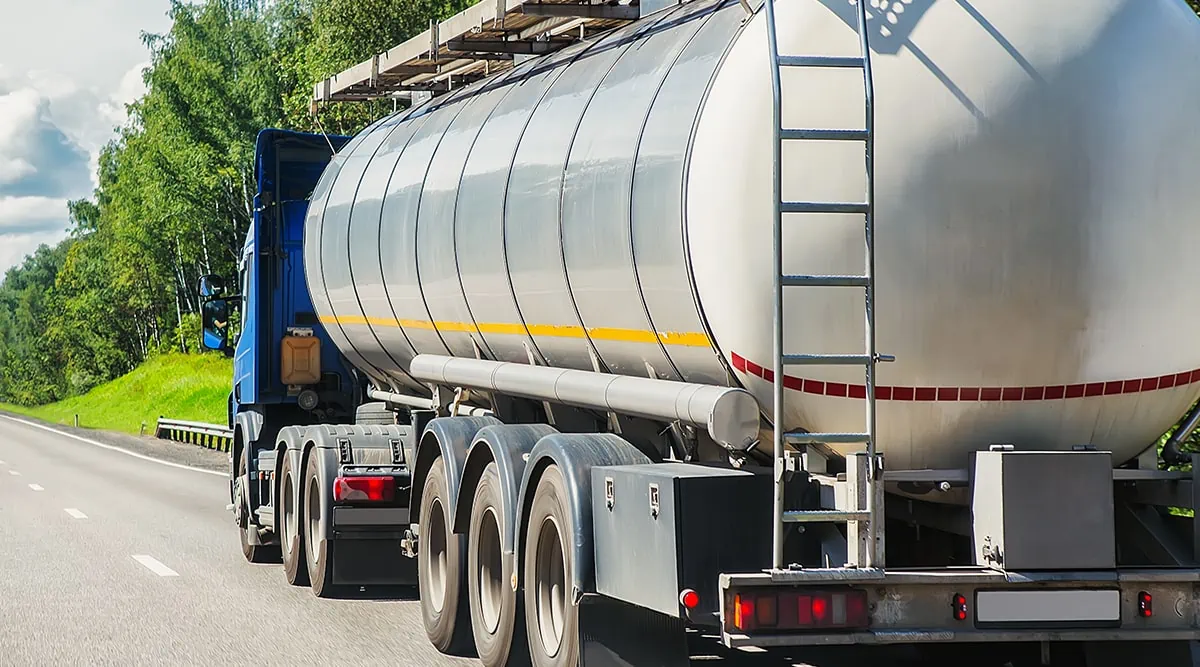See This Report about Reclaim Waste
See This Report about Reclaim Waste
Blog Article
The Single Strategy To Use For Reclaim Waste
Table of ContentsAn Unbiased View of Reclaim WasteThe Only Guide to Reclaim WasteWhat Does Reclaim Waste Do?Some Known Questions About Reclaim Waste.Unknown Facts About Reclaim Waste
Discover the types, incidents, and kinds of fluid waste. Domestic sewer waste refers to the waste and products from a domestic septic system. This kind of waste is developed by human beings in residences, colleges, and other structures. This only consists of sewage-disposal tanks that have a drain field. The correct management and disposal of residential sewage waste need fluid waste to be transferred to a sewer therapy plant where the correct approaches and tools are put on detoxify and throw away waste.
Commercial waste usually consists of possible hazards, such as combustible materials or a combination of fluid and strong waste items, and needs a more sophisticated and in-depth disposal process. The disposal of business waste generally involves the purification of waste prior to transport to guarantee secure and proper disposal. Industrial waste is created from results and overflow of commercial procedures and production.
This kind of waste can not utilize the exact same sewer administration transport or processes as septic or industrial liquids. The hazardous waste administration process requires the examination and screening of liquid waste before it goes through the disposal procedure (liquid waste removal melbourne). Overflow waste is the fluid waste that originates from drainage and excess stormwater in highly inhabited areas or cities
Overflow waste can trigger contamination and flooding otherwise dealt with appropriately. Find out more regarding sewer cleaning and waste monitoring. Making sure appropriate waste monitoring can prevent catastrophes and minimize environmental damage. Both individuals in property setups and professionals in business or manufacturing industries can profit from recognizing the procedures and policies of fluid waste administration.
The Definitive Guide to Reclaim Waste
Call PROS Services today to discover our waste management and disposal solutions and the appropriate methods to care for the liquid waste you create.
(https://reclaimwaste1.bandcamp.com/album/reclaim-waste)Do you understand what takes place to your water when you end, flush the toilet or drain the washing equipment? No? Well, it deserves knowing. This supposed 'wastewater' is not just a crucial resource but, after treatment, will certainly be launched to our land, waterways or the sea. Made use of water from commodes, showers, baths, cooking area sinks, washings and commercial processes is referred to as wastewater.

water used to cool machinery or tidy plant and equipment). Stormwater, a helpful hints type of wastewater, is runoff that streams from farming and urban areas such as roofs, parks, yards, roads, paths and rain gutters into stormwater drains pipes, after rainfall. Stormwater moves neglected straight to regional creeks or rivers, ultimately getting to the sea.
Some Of Reclaim Waste
In Queensland, a lot of wastewater is treated at sewage treatment plants. Wastewater is moved from domestic or commercial sites through a system of sewers and pump terminals, known as sewerage reticulation, to a sewer therapy plant.
The Department of Natural Resources encourages city governments concerning managing, operating and maintaining sewerage systems and treatment plants. In unsewered areas, city governments might need householders to install individual or house sewer treatment systems to deal with residential wastewater from commodes, kitchen areas, bathrooms and laundries. The Department of Natural Resources authorises using household systems when they are shown to be effective.
Most stormwater receives no therapy. In some brand-new communities, treatment of some stormwater to remove litter, sand and crushed rock has begun using gross contaminant traps. Wastewater treatment happens in 4 stages: Removes strong matter. Bigger solids, such as plastics and various other things incorrectly discharged to sewage systems, are removed when wastewater is travelled through displays.
Uses little living microorganisms knows as micro-organisms to break down and get rid of remaining liquified wastes and fine bits. Micro-organisms and wastes are incorporated in the sludge.
Reclaim Waste - The Facts
Nutrient elimination is not readily available at all sewage therapy plants because it calls for costly specialist devices. Clear liquid effluent generated after treatment may still include disease-causing micro-organisms - liquid waste removal.

A lot of wastewater moves into the sewage system. Under the Act, local federal governments provide approvals and licences for ecologically appropriate tasks (Ages) including wastewater releases that could have a regional influence.
Get This Report about Reclaim Waste
Monitoring supplies factual information about water quality and can verify that licence conditions are being met. The information gotten via surveillance offers the basis for making water top quality choices.
Report this page